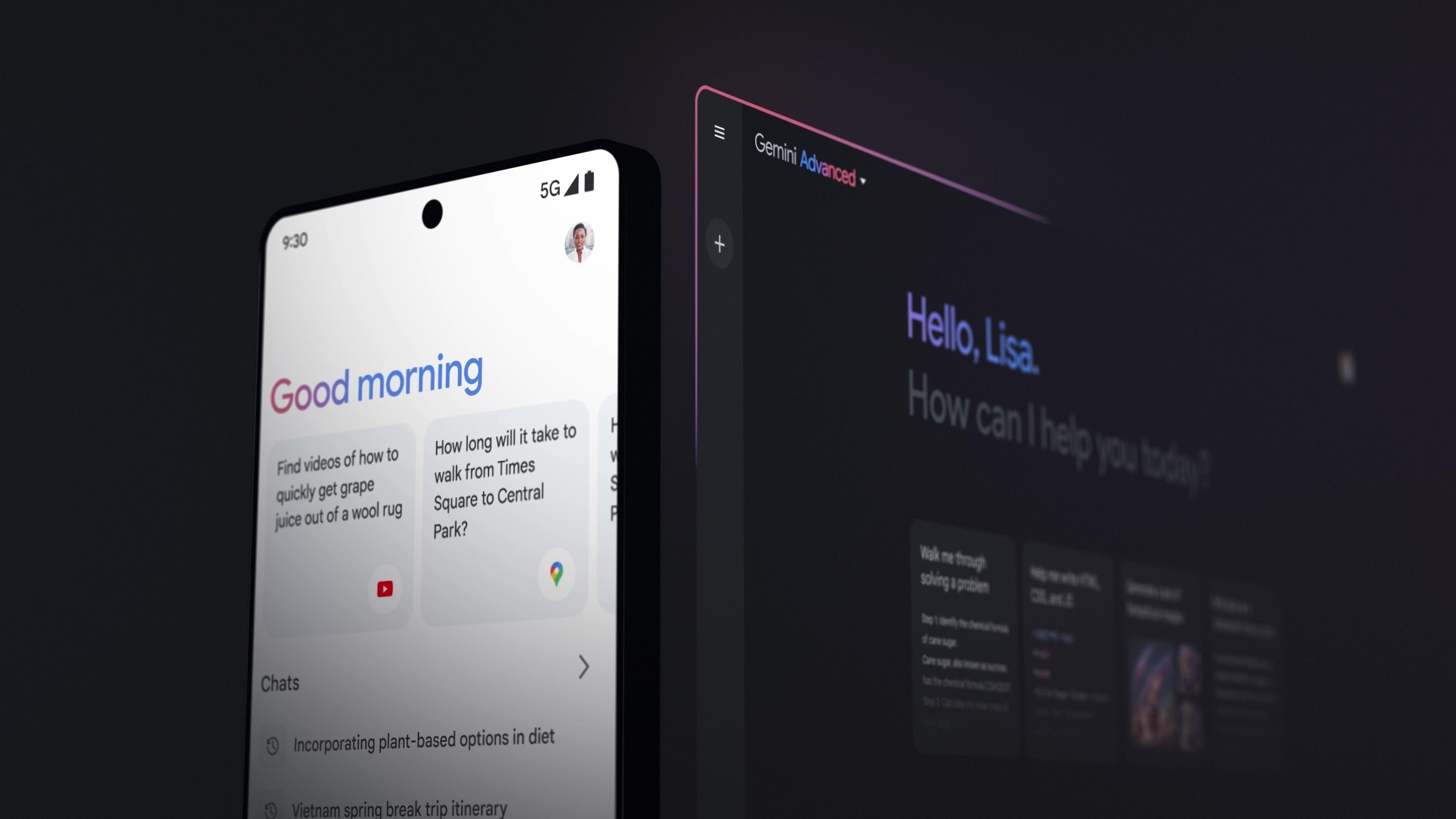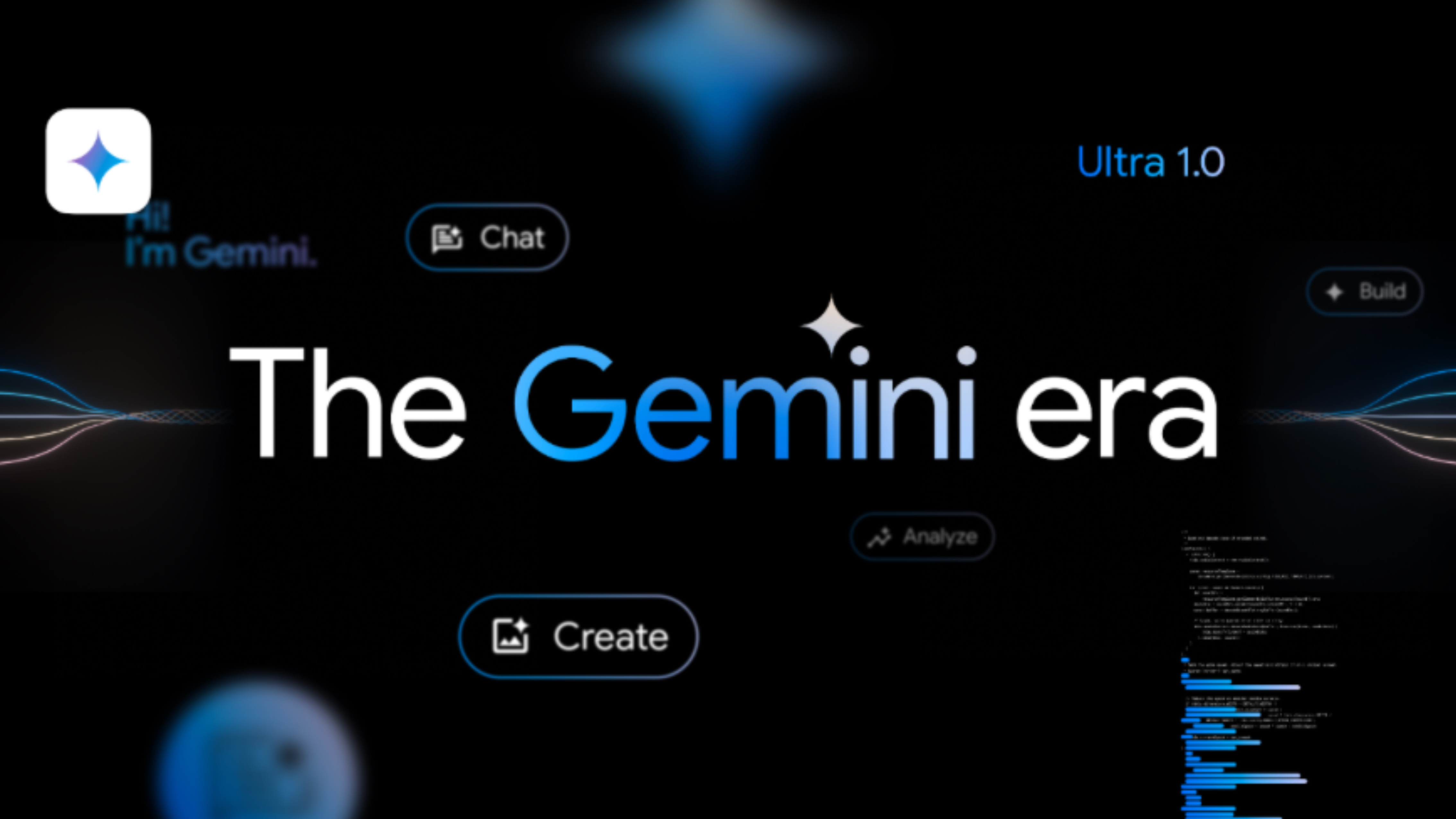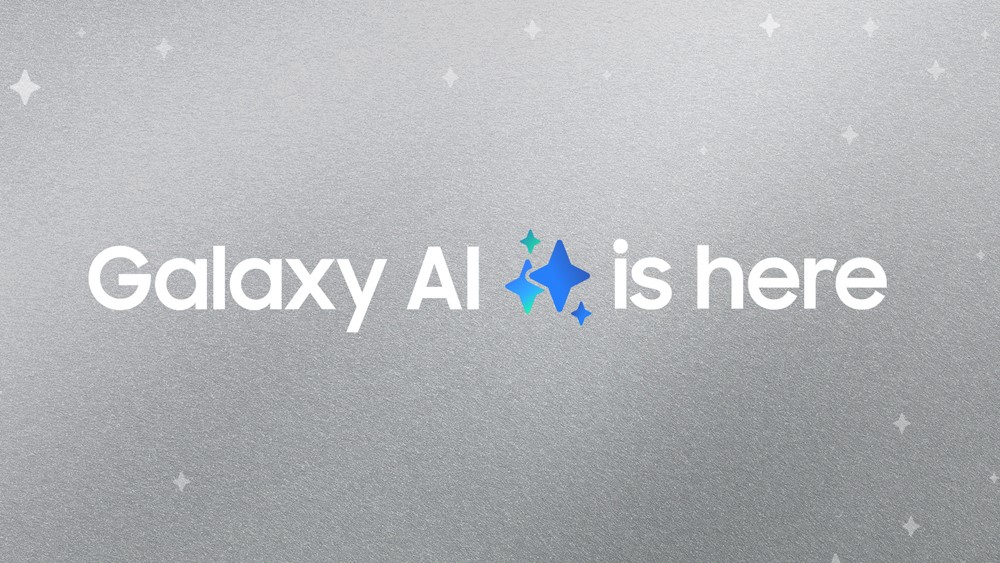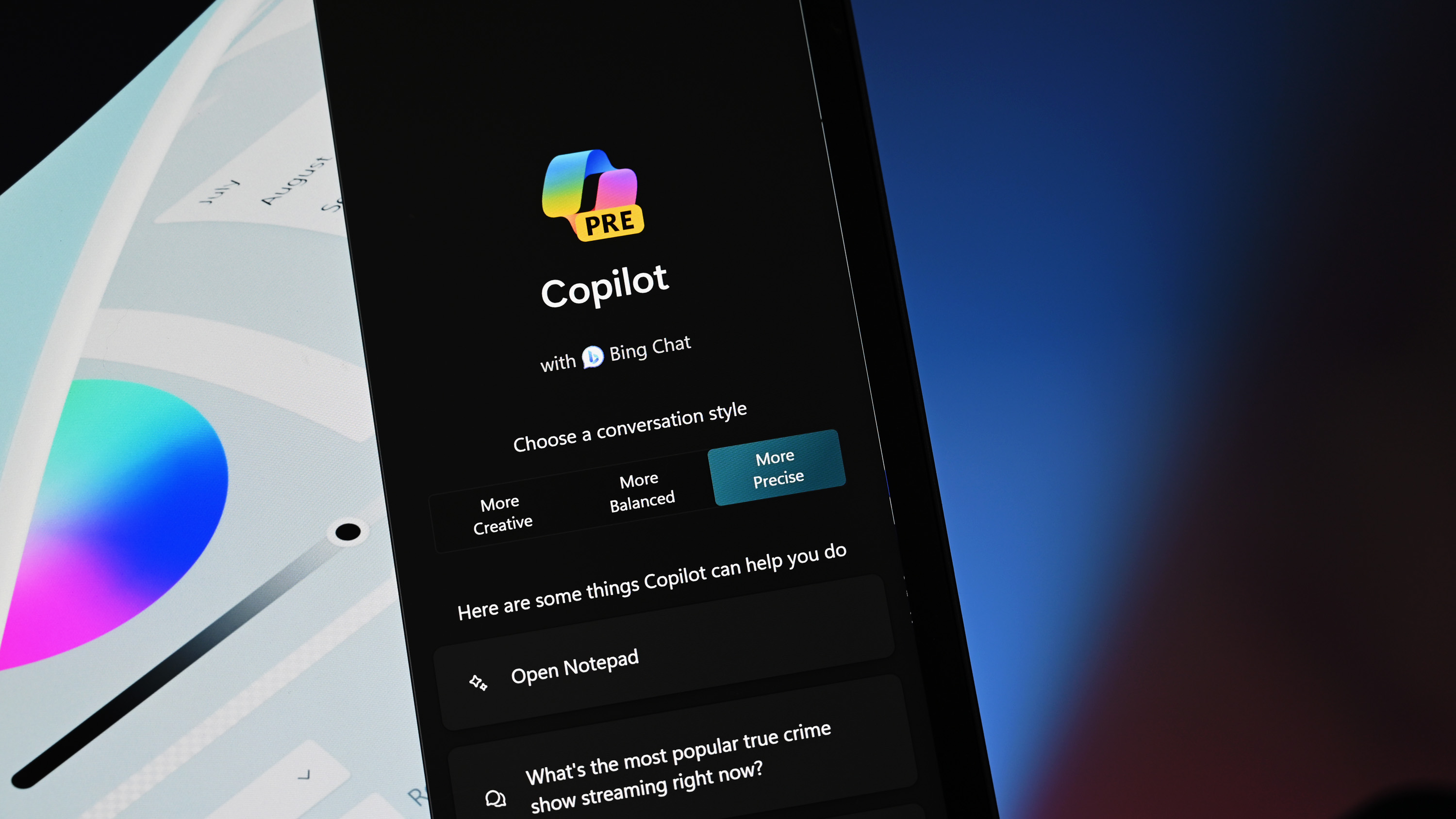AI is the next big thing to come for your wallet
As AI moves toward a subscription-based model, it becomes yet another thing consumers have to pay for.

Get the latest news from Android Central, your trusted companion in the world of Android
You are now subscribed
Your newsletter sign-up was successful
Google recently announced that it will begin charging a monthly fee for Gemini Advanced, giving consumers access to its most powerful AI model. This follows similar moves from Microsoft and OpenAI, which have also launched subscription models for their respective AI products. However, it's not immediately clear who is expected to pay upwards of $20 for these services.
Smartphones and other products that leverage AI in new and exciting ways are emerging rapidly, like Samsung's Galaxy S24 lineup, and it won't be long before every major manufacturer has at least one device on the market with built-in AI features. Still, while the prospect is exciting for consumers, these new AI models aren't cheap. In fact, it's extremely costly to produce and maintain on a daily basis, and as a result, the new added costs will be passed down to consumers.
Some of that added cost may be built into the baseline price of a device, but there is a clear path toward AI moving to a subscription-based model, one that is in line with everyday platforms like Netflix and Spotify. And while there certainly is an audience for streaming services, it is becoming a lot harder to discern who the target audience will be for AI-based subscriptions in the coming years. More so, there exists a reality in which users may not have a choice when it comes to an AI-based subscription.
Angelo Zino, a senior equity analyst at CFRA Research, believes that there is an audience for these subscriptions, including a rising tide of young tech enthusiasts.
"We believe all customers are being targeted by AI subscriptions, with an emphasis on individuals that fall under the middle/upper class given the ability for them to more easily afford these services," Zino told Android Central in an email. "The Gen Z population is also a category more willing to try these services over other groups.
How did AI go from concept to subscription?
From writing entire resumes to having calls translated in real-time, AI is revolutionizing the way we use technology. In the case of devices, AI is quickly being leveraged across multiple manufacturers in a race to provide users with the most comprehensive features possible.
For example, in addition to Samsung's Galaxy AI, the Galaxy S24 series uses both Google AI internationally and Baidu's Ernie AI in China to appeal to more consumers. Additionally, Google recently rebranded Bard in favor of Gemini, thus signaling the company's shift from experimental features to full-court press.
Get the latest news from Android Central, your trusted companion in the world of Android
Still, while these features are well and good, they come at a cost. OpenAI's ChatGPT platform reportedly cost $4.6 million to produce, and it's been reported by various outlets that the cost to operate the platform was $700,000 a day, leading many to believe that the larger company could eventually go bankrupt if profits in line with AI use could not match the high cost of hosting the platform.
It is likely that similar offerings are within the same ballpark of cost. As a result, there is a push for Big Tech to turn investment into profit—which can only mean subscriptions.
Companies are spending a lot of money on AI, and someone has to pay for it.
Google's rebrand of Bard wasn't just about the name alone. The company also introduced the new $20 Google One AI Premium subscription tier alongside it, which adds Gemini Advanced to Google's existing plan. The company notes that Gemini Advanced is superior in its ability to handle complex tasks such as coding, logical reasoning, understanding context, and following specific instructions.
And while the new subscription comes with many features already present in Google One, the caveat is that it cannot be shared with family members. Still, the launch signals a reality where consumers have to pay to use AI on their devices.
"The $20 can be justified given it is near or similar to the price tag that is being offered by competing services (e.g., OpenAI)," Zino noted. "Others, like Apple, have yet to enter the market, but we do believe that they are working on their own LLM that will leverage AI capabilities across its ecosystem (likely via a subscription)."

While the price tag can be justified on account of super users likely already subscribed to Google One Premium, the same necessarily can't be said for solely AI-based subscription models. Zino points out that not all consumers may be able to make the most of these AI services, but there are cases where it makes sense.
"If it can be leveraged for improved productivity purposes at an organization or if students can find significant use for research while attending school, then the price point could make sense for that specific user." Still, he notes a majority of consumers will likely be unwilling to pay up and "remain in wait and see mode."
However, Jules Walker, product manager for Gemini Experiences at Google, says the company is always looking to add more value for its users. "So in terms of pricing, what we're seeing is generative AI has the capability to make people's work lives and personal lives much more productive."
"So that's why we're continuing to invest in Gemini advance in Gemini as well."
Meanwhile, Samsung was noncommittal about its potential for charging users for AI features in the years to come. A footnote found in the Samsung Australia Galaxy S24 posts clarified that features may not always be free. "Galaxy AI features will be provided free of charge until the end of 2025 on supported Samsung Galaxy devices," the notation read.
That fear was heightened when a Samsung U.S. product page said the following: "Galaxy AI features will be provided for free until the end of 2025 on supported Samsung Galaxy devices. Different terms may apply for AI features provided by third parties."
In an interview with ET Telecom, the head of Samsung Electronics mobile business, T.M. Roh, said, "According to our analysis, there are various needs for mobile AI. So, there will be consumers who will be satisfied with using the AI capabilities for free."
"Then there could also be customers who wish for even more powerful AI capabilities and even pay for them," he said. "So, in the future decision-making, we will take all these factors into consideration."

Justifying AI subscriptions in a subscription-based world
An AI-based subscription, while certainly beneficial to some, would continue a recent trend of nearly everything moving toward a quasi-pay-for-play model. However, consumers are steadily being barraged by countless subscriptions in all facets of consumption.
What originally could be chalked up to monthly costs for streaming services has since morphed into subscriptions for individual content creators or access features on video game consoles and even EVs like those from Tesla. In other words, consumers and their wallets are being pulled in a dozen different directions, and generative AI is just another use case in the race for profit in an increasingly expensive market.
Anshel Sag, a principal analyst at Moor Insights & Strategy, points out that this may be the most effective solution for companies.
"First, I think many of these companies see that many of the ad-driven models have fallen apart recently and that direct payments for features are more sustainable long term if the value is truly there."
He notes that launching subscription services that look more like freemium models will allow companies to monetize their hardware and software investments more quickly. "I think that these companies really have to show value when charging for these services, and I think that Google and Microsoft have shown enough value to justify the subscription cost so far."

Generating value may not be easy, and companies may be forced to get creative with how they roll out AI features, providing enough at the free level while still heightening interest to eventually subscribe. It also may require companies to part with other non-AI-based features in order to loop in curious consumers, like Google incorporating its storage and Workspace features, for example.
However, features that are the most computationally expensive will be the ones that are part of a paid model. "Anything that generates images or video rather than text," Sag offered as an example.
In the use case of the Galaxy S24 line, translating calls in real-time would remain free to users. In contrast, the ability to generate an image or video akin to that of OpenAI's DALL-E model will become paid.
"I think AI features that you add on feel more beneficial and valuable than ones you have that you might lose," Sag explained. "That said, having them for free and realizing their value and choosing to pay for them might be a route some people prefer. I just think AI features that you need to add on need to prove their value more than ones that are pre-installed."
However, until that point, there has to be a hunger on the part of consumers for even limited features while AI models continue to expand. Just how that group will respond remains to be seen, though Sag believes a market does exist.
"I think the target customers right now are early adopters," he said. "People who are looking for ways to speed up their workflows and possibly people who are generally curious/excited about AI."
While those markets definitely do exist, a reality in which subscription creep, or the concept of too many subscriptions being available at one time, continues to rise. At that point, consumers may reject subscriptions altogether, leaving AI-based models scrambling to generate revenue as features become locked.
"I think this is a valid concern, and I do think that subscription creep is a major problem in the media space," Sag said. "But I also think it's driving consumers away, and I think AI companies can build these models and power the [computer] without costs ballooning enough to justify price increases."
Until that point, consumers can only hope that their personal devices remain as valuable as the day they purchased them.
